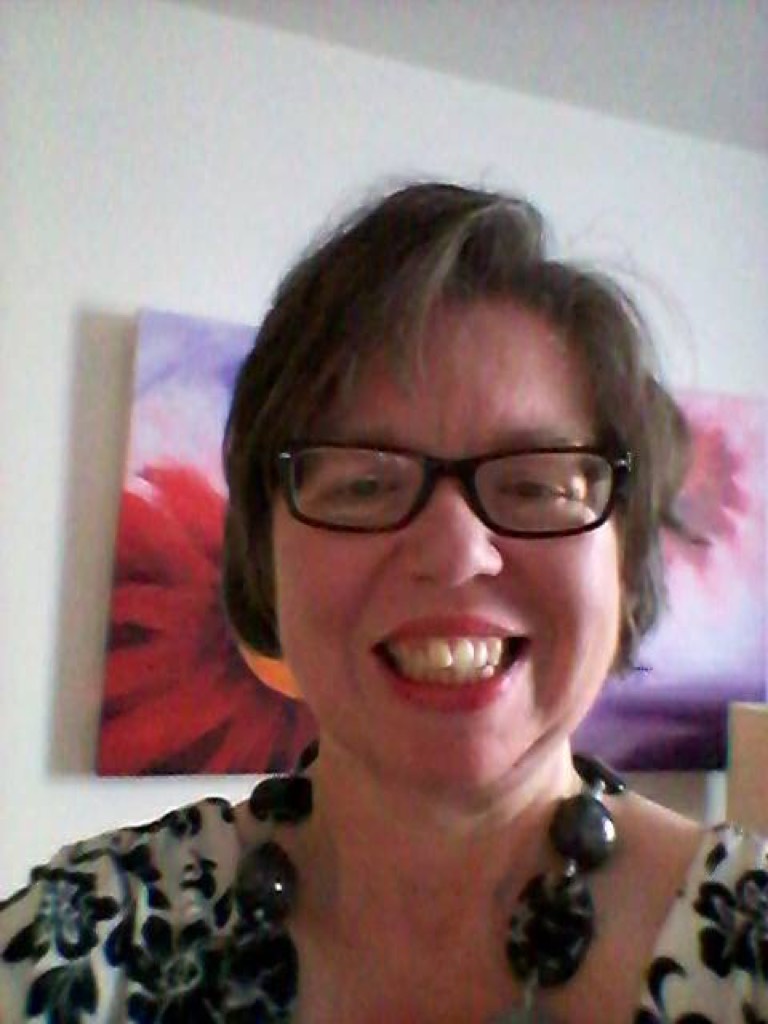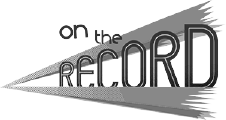Rosie Ilett
I think at that point, you know, and, this is 30 years ago, it’s obviously, you know, way before, you know, the Internet, the only way people got political ideas, or any ideas really, was in, well obviously not any ideas, but was in book form, you know, so that’s how information was circulated. And that was really important to me, that, you know, the shop would sell things that you wouldn’t get in a normal bookshop, in a WH Smith that was always seen as being the dreaded thing. So we would sell books that were really, you know, pamphlets, books, that were really obscure, postcards that were sort of, very political, that were obviously very anti-Government, that were very radical in terms of what they do. So I was really, you know, I was very interested in all that. It was in the time when, you know, a lot of people that worked there, as I’m sure we’ll talk about in a minute, were, you know, were obviously the same sort of age, were involved in politics outside work, you know, there was things like the miners’ strike happened when I was there. There was all the stuff like Greenham was going on. So there was all sorts of things that people were engaged in. So, your kind of life was mixed up between, in and out of work. You would talk about your work outside work, and your kind of outside work in work, because it was very linked. So yeah, that was a very strong identity. And there were a lot of networks at that time, obviously there were other bookshops like this in other structures throughout the UK, and obviously in different places like America or whatever. So there were networks, there were meetings. I was involved in, probably ’85, ’86, starting up a thing called Women in the Book Trades, which was a, you know, an attempt to, to sort of bring women together that were involved in things. It was all linked to obviously feminist publishing, radical publishing, and all of that. So there was a whole kind of network of, you know, publishing, disseminating ideas really.
Rosie Ilett was born in 1960 and grew up in suburban west London. In her early teens she discovered punk and became ‘quite a politicised person’. After university she lived in east London and worked at the radical bookshop Housman’s for a couple of years, until she left to take up a job at Centerprise in 1984.
Rosie describes how the Centerprise bookshop was organised and stocked to be ‘very reflective of and engaged with the local community’. She explains the bookshop’s efforts to make sure all its sections represented community interests (importing cooking books from Jamaica, for instance) and arguments over what material should and should not be stocked. She emphasises how important it was in the pre-Internet age to provide access to ideas through books and other literature, and explains that Centerprise joined networks of radical and feminist booksellers like Women in the Book Trades and the Federation of Radical Booksellers.
Working in a collective was, Rosie says, ‘just how you did things’ at the time. Long meetings were needed to keep each other informed and but the time-consuming aspects of collective management were ‘really difficult’. Work-sharing meant that the specialist skills needed by booksellers could be devalued by ‘an opinion that everybody could work in the bookshop’. She reflects that the problem remains: ‘how you make things really diverse and inclusive, whilst recognising that people bring all sorts of things to that, including sometimes a different role, insight or level of experience.’
After four and a half years at Centerprise, in 1989, Rosie left London, first going to Newcastle and working as a publishing rep, later developing a career in NHS management and academia in Scotland where she still lives.
Interviewed by Nell Osborne




